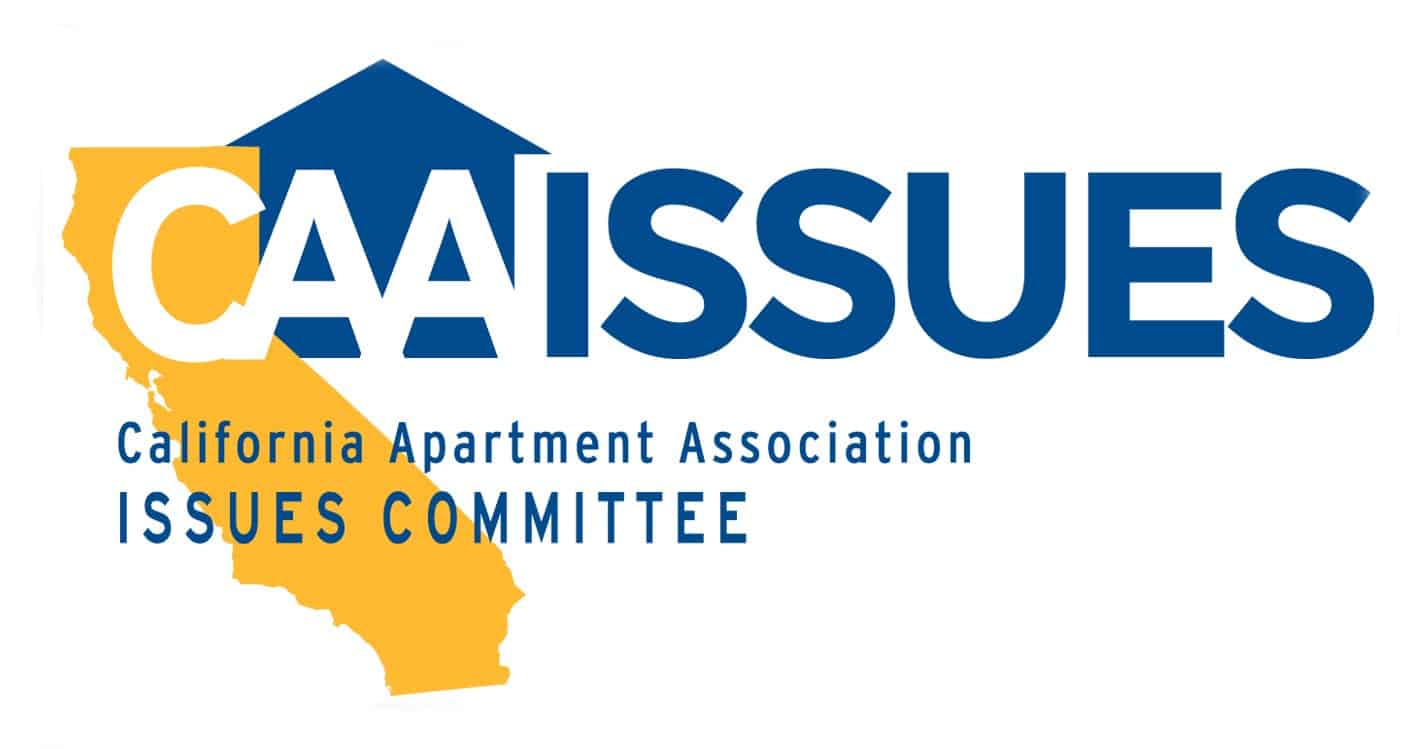In the final days of this year’s legislative session, the California Apartment Association has secured further pivotal changes to a bill that initially sought stricter eviction limitations and harsher rent caps under state law.

After Sen. Maria Elena Durazo, D-Los Angeles, this week agreed to the latest round of amendments demanded by CAA, her bill, SB 567, advanced from the Legislature to the governor’s desk.
Originally, SB 567 aimed to overhaul much of the Tenant Protection Act of 2019, commonly known as AB 1482.
Latest amendments
Until this week’s CAA amendments, Durazo’s proposal would have limited the use of a just-cause tenant termination by owners who held their properties as “natural persons.” The latest amendments have now broadened the bill’s scope to allow owners to end a tenancy and occupy their property if they hold the property as a natural person, family trust, partnership, or limited liability company.
Moreover, CAA’s amendments refined the bill to lessen penalties against property owners who may inadvertently violate the law. Court-awarded attorney’s fees and related costs would now be levied at the discretion of a judge, instead of imposed automatically. Furthermore, additional penalties would now apply only when it’s demonstrated that the owner acted intentionally or maliciously.
Delayed implementation
If signed by the governor, the changes to the Tenant Protection Act will take effect April 1, 2024. The delayed implementation, secured by CAA, would give property owners time to implement the changes within their rental operations. Should it become law, CAA will update its rental housing forms for use by CAA members so they can comply with the legislation.
As a reminder, existing law and SB 567 does not apply to most single-family home and condominium rental owners, so long as the owner has provided a specific disclosure in their rental agreements. CAA members should make sure that they are using current CAA forms that comply with existing law.
Rent cap unaltered
As owners may recall, early in the legislative year, SB 567 attempted to limit increases to the annual consumer price index or 5%, whichever was lower. CAA’s opposition secured the removal of that new rent cap. Rent caps will remain at the existing limit — an annual allowable rent increase of 5% plus the change in the consumer price index, up to a maximum of 10%. Landlords can also increase rent to market rates between tenancies, a principle known as “vacancy decontrol.”
The author had argued that AB 1482 needed changing to stop rental property owners from terminating tenancies, relying on what she called “loopholes” in the current just-cause provisions, only as a way to increase the rent above the current rent cap provisions.
Next steps: Governor’s decision
Gov. Newsom has until Oct. 14 to sign or veto legislation this year. Check CAA’s website for future updates on this and other bills that may affect the rental housing industry.

